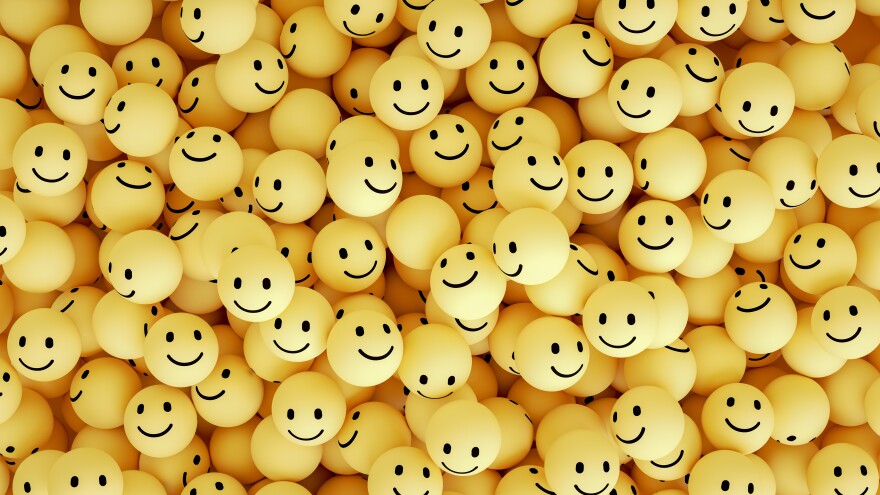Computer games designed to boost self-esteem appear to prolong the antidepressant benefits of the mind-bending anesthetic ketamine.
A recent study of 154 people found that those who played games featuring smiling faces and positive messages remained free of depression up to three months after a ketamine infusion, a team reports in the American Journal of Psychiatry.
People who got ketamine alone tended to relapse after a week or two.
The results are important because "we need new approaches that help people get feeling better faster and help them stay feeling better," says Rebecca Price, an author of the study and an associate professor of psychiatry and psychology at the University of Pittsburgh.
Established drugs like Prozac and Zoloft can take weeks to ease depression, and don't work for every patient. Ketamine can offer immediate relief, but the effects often fade after a few days or weeks.
"And then returning for infusions over and over to keep that relief going can end up being really burdensome and costly," Price says, "and just isn't accessible to all patients."
How to extend ketamine's antidepressant effect
So Price and a team of researchers wanted to find a way to make ketamine's antidepressant effects last longer. They decided to focus on a common symptom of depression: low self-esteem and self-loathing.
The team drew on research suggesting that ketamine temporarily causes certain brain areas to enter a state in which they form lots of new connections. During this period, the brain seems to be more receptive to learning and change.
"So we tried to use that window of opportunity just after ketamine to strengthen associations specifically between the idea of me, myself, and positive information and attributes," Price says.
The team had some participants play special computer games for 30 to 40 minutes a day for four days after they received an infusion of ketamine.
Finding ways to strengthen positive connotations in the brain
In games that involved words, every time a player saw the letter "I" it was followed by positive terms like "good, lovable, sweet, worthy, etc.," Price says.
In other games, participants were asked to click on a photo — of themselves or of a stranger — as soon as it flashed on one area of the screen.
"Every time they click on their own photo, what appears right afterwards in that same location is a smiling face," Price says.
The games had a surprisingly powerful effect.
"By doing these really simple computer exercises we could extend the antidepressant effect of one infusion of ketamine for at least a month," Price says, adding that the effect can last up to three months.
If those results hold up in larger studies and for a longer period of time, the approach could make ketamine treatment much more affordable, says Dr. Sanjay Mathew, a professor of psychiatry at Baylor College of Medicine and a co-author of the study.
Right now, insurance rarely covers the treatment, and a single ketamine infusion can cost from $300 to more than $800. "That's obviously a huge challenge for many patients and the biggest reason we can't send more patients to ketamine," Matthew says.
The cost is even greater for patients who receive a nasal version of a derivative of ketamine called Spravato, which has received approval from the Food and Drug Administration for treating suicidal depression and depression that hasn't responded to other treatments.
An automated, computerized addition to ketamine treatment would be welcomed right now because mental health professionals are in short supply, Mathew says.
"It could be disseminated widely in clinics that don't have resources to be able to engage in any number of psychotherapies that work on self-esteem and beliefs about oneself," he says.
It's also possible the combination approach could work for other conditions being treated with ketamine, including addiction and alcohol use disorder, Mathew says.
Copyright 2023 NPR. To see more, visit https://www.npr.org.




